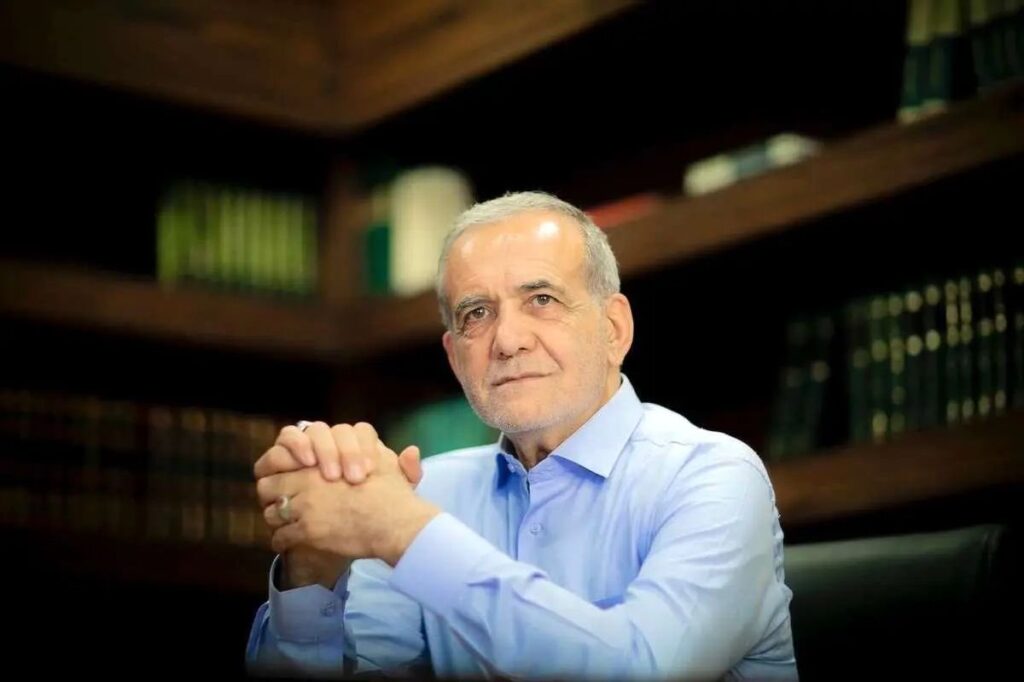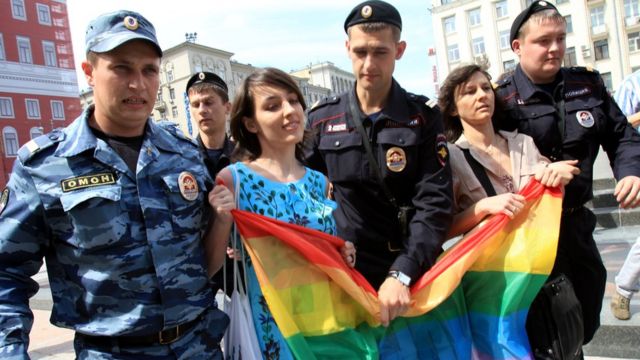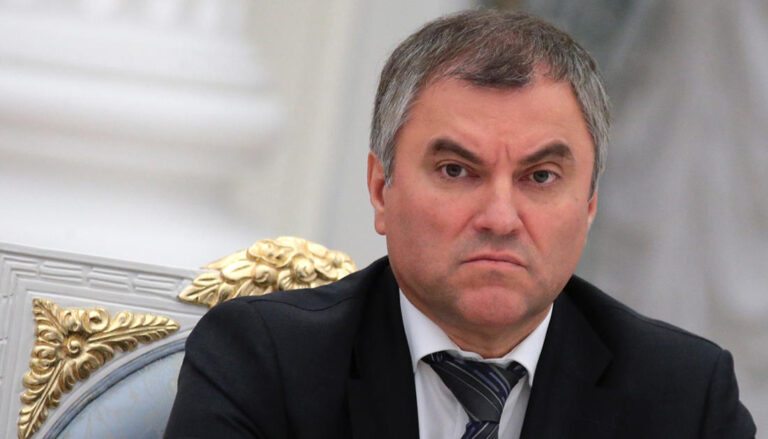Moscow continues to display its disdain for Tehran. Following the death of President Raisi, the Kremlin sent a delegation led by Vyacheslav Volodin, Chairman of the State Duma, to the funeral ceremony. This decision appeared odd, given that Volodin is known in Russia as a closeted gay man. After the Iranian elections, where Masoud Pezeshkian emerged victorious, the Kremlin once again dispatched a delegation to Iran headed by Volodin.

More on this story: Pezeshkian’s foreign policy will mostly be limited to the nuclear dossier

It can be inferred that this decision was influenced by an invitation from Mohammad Bagher Ghalibaf, Speaker of the Islamic Consultative Assembly of Iran, reportedly extended during a meeting on the sidelines of the 10th BRICS Parliamentary Forum in St. Petersburg. It is conceivable that Mr. Ghalibaf might not have been aware of Volodin’s sexual orientation, which is punishable by death in Iran. The Iranian embassy in Moscow should have had access to such information, as this topic has been actively covered in Russia.
Iran is not a parliamentary state, meaning that inviting the chairman of parliament to lead a presidential republic’s delegation at a presidential inauguration does not quite align with protocol. We believe that the candidacy of Mikhail Bogdanov, Deputy Foreign Minister overseeing the Middle East and Africa, would have been more logical for Moscow.
The Kremlin should have understood that sending a gay man to a country where LGBTQ+ individuals face criminal prosecution is an insult to the Iranian people. We suspect that sending Volodin to Iran was likely an initiative of Putin, who has frequently resorted to humiliations, including assigning derogatory nicknames to foreign leaders and imposing sadistic, non-public punishments on certain team members.

This decision might have been a response to Tehran’s refusal to supply ballistic missiles to Russia for use in the war against Ukraine. Thus, the choice of Volodin as the negotiator with Iran directly indicates the low level of trust Russians have in Iranians, as well as a disregard for bilateral relations and a belief that Tehran lacks the ability to maneuver and break free from its dependence on Moscow. It is also possible that the Russians ignored the risks of Tehran discovering Volodin’s orientation.




